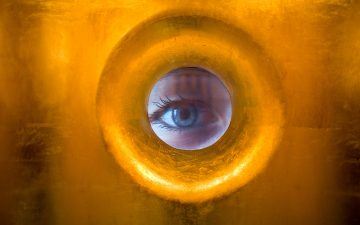 David Papineau in Aeon:
David Papineau in Aeon:
I’m against knowledge. Don’t get me wrong: I’m as keen on the facts as the next person. I’m no friend of fake news. I want truth rather than falsity. It is specifically knowledge I’m against, not true belief. Knowledge asks more of us than true belief, and it isn’t worth it. In reality, the concept of knowledge is a hangover from a stone-age way of thinking that has long outlived its usefulness. We’d be far better off without it.
Philosophers are fond of showing how knowledge goes beyond mere true belief. To see the difference, imagine that you are convinced, on no very good grounds, that a horse called Meadowlark will win the 3:40 race at Ascot tomorrow. And then suppose it does in fact romp home. We wouldn’t say you had knowledge it would win, just because your belief turned out to be true.
What more than true belief is required for knowledge? A natural thought is that your belief needs to be backed by good reasons. It can’t just be a guess that happens to turn out right. But this doesn’t seem enough either. Imagine a friend buys you a lottery ticket as a gift. You don’t think much of the present, because you’re convinced that it won’t win, for the very good reason that it’s one in a million. And in due course it indeed turns out not to be the winner. Even so, we still wouldn’t say that you had knowledge that the ticket was worthless. Your belief might have been eminently reasonable, as well as true, but it still seems too happenstantial to qualify as knowledge.
More here.
